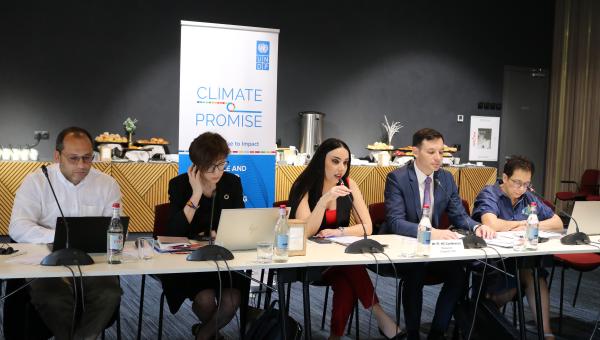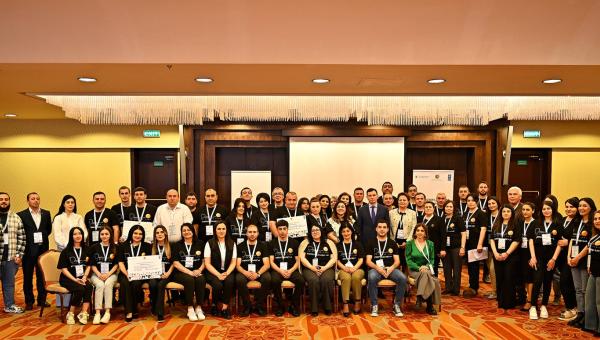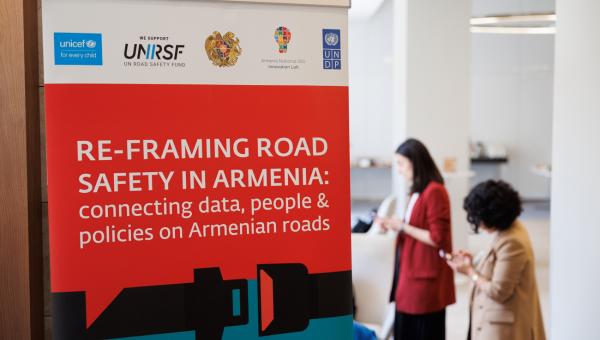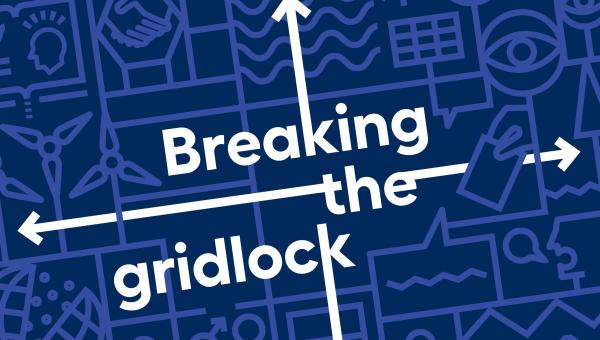
Socio-Economic Development
What we do
The pathway to sustainable and inclusive socioeconomic development entails initiatives that promote early recovery and community resilience, including in border communities, targeting the most vulnerable groups such as veterans, persons affected by armed conflict in and around Nagorno-Karabakh, women and children.
Efforts are directed towards risk-informed and sustainable urban and rural planning; income and employment generation for vulnerable groups, including in agriculture; infrastructure rehabilitation and development, including housing solutions; and the realization of the country’s human capital potential.
UNDP further expands its work to strengthen livelihoods, promote a predictable, fair and competitive business environment and build social cohesion and resilience in areas affected by armed conflict in and around Nagorno-Karabakh.
Support includes:
(a) improving preparedness for socioeconomic and environmental shocks in rural communities and secondary cities;
(b) the transition from subsistence agriculture to value addition, processing and precise agriculture using climate-smart, green and digital technologies, including irrigation systems;
(c) investments in small and medium-sized enterprises, local start-up initiatives and tourism development;
(d) boosting entrepreneurship, especially for women, and facilitation of trade, investment and exports;
(e) income-generation and employment initiatives, including rehabilitation and integration into social and economic life for veterans, wounded and disabled during the recent armed conflict in and around Nagorno-Karabakh; and
(f) the development of a future-proof labour market.
This will be enabled through the promotion of technology-based education, including improved literacy in information and communication technology; professional exchanges without discrimination by age or disability status; inclusive and active labour-market policies with focus on new skills, new jobs and talent management; lifelong learning and re/up-skilling, including through vocational education and training; and protection of labour rights.
To strengthen social protection, UNDP works with the Government to upgrade public service models and strengthen local capacities to deliver people-centred and shock-responsive services, including through digital and innovative modalities. These approaches are necessary to foster sustainable connectivity, including transport, which in turn will improve the services and assistance available to the regions.
Some results so far
- UNDP strengthened resilience and livelihood of nearly 30,000 people (50 percent women) in Armenia in the face of the compound crisis. It includes hundreds of jobs, greater income of thousands of people, access to public services in remote, bordering and conflict-affected settlements of Armenia.
- Nearly 800 people (52 percent women) got decent jobs and increased employability through on-the job training and entrepreneurship.
- 500 farmers (50 percent women) received assets and developed new capacities for entry into green value chains.
- 100 youth (60 percent women) were trained in upgraded vocational education facilities.

 Locations
Locations


